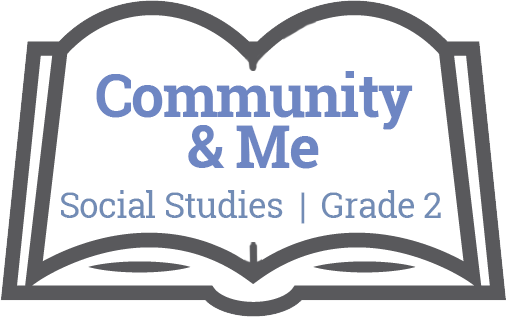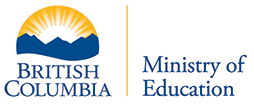
Unit Plan: The Community and Me
Social Studies / Grade 2

Big Ideas
Local actions have global consequences, and global actions have local consequences.
Concepts:
- Global
- Local
- Consequences
- Actions
Essential Questions
Students will keep considering…
- Why take action?
Evaluative Criteria
Student is participating in classroom discussion.
Student is able to identify various communities he or she belongs to.
Student is able to justify/support why certain changes should be undertaken.
Student is able to monitor his or her own actions to create a change.
Optional Extension
Students will share this plan with the school’s administration or other classes within the school in order to continue growing the effects of the change.
Optional extension
Students will create and implement their own plan for action themselves. They will document their actions and demonstrate the effects of their actions to their classmates.
Monitoring Progress
Students will fill out a journal with their personal actions within the communal project.
Resources
Reflection
How will teachers and their students reflect on and evaluate the completed project?
Constant feedback from students and dialogue after each activity outlined in the Learning Events will help to direct and adapt what is explored in the next activity. Self, peer and teacher evaluation of the Performance Task and its alignment with the essential questions.
Teacher:
Next time I teach this unit I would…
Allow students to select the short stories that link to Identity.
Student:
My students needed:
Process:
Product:
Content:
Potential Student Misunderstanding:
Downloads
Unit Overview
Subject
Social Studies
Topic
The Community and Me | Consequences of Actions
Unit Overview
As a class, you will undertake an action to help improve your school’s environment. Students will learn about their community, the environment, as well as how to take action. Over a chosen period of time, students will document the effect of their action and notice how small actions can create a larger change. This project can be undertaken at the class level or by the school as a whole.
Grade
2
Unit Duration
3 – 6 weeks
Related Big Ideas
Science: 2
Water is essential to all living things, and it cycles through the environment.
English Language Arts: 2
Stories and other texts connect us to ourselves, our families, and our communities.

The following resources are made available through the British Columbia Ministry of Education. For more information, please visit BC’s New Curriculum.
Big Ideas
The Big Ideas consist of generalizations and principles and the key concepts important in an area of learning. The Big Ideas represent what students will understand at the completion of the curriculum for their grade. They are intended to endure beyond a single grade and contribute to future understanding.
Core Competencies
 Communications Competency
Communications Competency
The set of abilities that students use to impart and exchange information, experiences and ideas, to explore the world around them, and to understand and effectively engage in the use of digital media
 Thinking Competency
Thinking Competency
The knowledge, skills and processes we associate with intellectual development
 Social Competency
Social Competency
The set of abilities that relate to students’ identity in the world, both as individuals and as members of their community and society
Curricular Competencies & Content
Curricular Competencies are the skills, strategies, and processes that students develop over time. They reflect the “Do” in the Know-Do-Understand model of curriculum. The Curricular Competencies are built on the thinking, communicating, and personal and social competencies relevant to disciplines that make up an area of learning.
Additional Resources
First People's Principles of Learning
To read more about First People’s Principles of Learning, please click here.
For classroom resources, please visit the First Nations Education Steering Committee.
